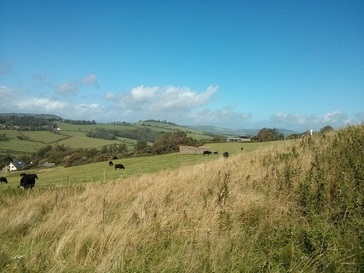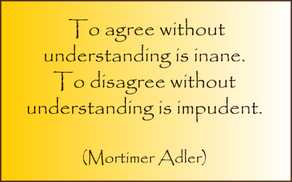William Forster Lloyd (1833)
The economic theory of the “Tragedy of the Commons” originates in an essay written by Victorian economist and Oxford professor William Forster Lloyd in 1833:
In medieval England, each member of a parish community was permitted to graze a prescribed number of cows and sheep on common land. The number of animals was calculated to allow the grass to grow back at a rate that ensured a steady supply. However, if some farmers became greedy and attempted to graze more than their allotted number of animals, the grass was soon depleted; this resulted in short-term gain to the greedy farmers, but in long-term loss to the entire community, including those who had taken more than their allotted share.
Trust as a Commons
Duke University psychology professor Dan Ariely posits that trust – like land, water, and fossil fuel – is a public good or “commons”.
If we start to think about trust as a public good … we can see that we can all benefit from higher levels of trust in terms of communicating with others, making financial transactions smoother, simplifying contracts, and many other business and social activities. Without constant suspicion, we can get more out of our exchanges with others while spending less time making sure that others will fulfill their promises to us. Yet as the tragedy of the commons exemplifies, in the short term it is beneficial for each individual to violate and take advantage of the established trust.
[T]rust is an important public resource and … losing it can have long-term negative consequences for everyone involved. It doesn’t take much to violate trust. Just a few bad players in the market can spoil it for everyone else.
Ariely, Dan. Predictably Irrational: The Hidden Forces that Shape Our Decisions. New York, NY: Harper Perennial, 2010, at p. 259.
The State of Trust
Confronted with political situations such as Brexit and the divisiveness of current U.S. politics, and with mounting tragedies such as Paris, Orlando, Dallas, Nice, Baton Rouge, and countless others that receive less media attention, it is easy to lose trust – in government, in communities that look different from our own, and in our negotiating partners. Predatory elements feed on the fear and mistrust generated by such events, thereby further eroding the commons.
But we must step back and remember that the depletion of the commons works to everybody’s detriment. Although it may seem rational in the moment to give in to fear and hyperbole, it is in fact quite irrational: The long-term good can only be restored if we engage in dialogue and rebuild trust. We do not have to agree with each other, but it is more critical than ever that we agree to disagree, rather than simply disagreeing (or being disagreeable).





